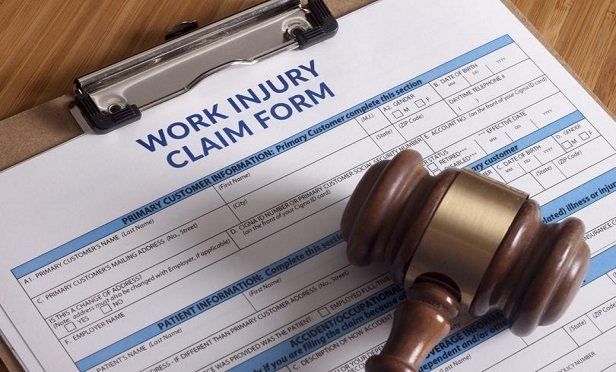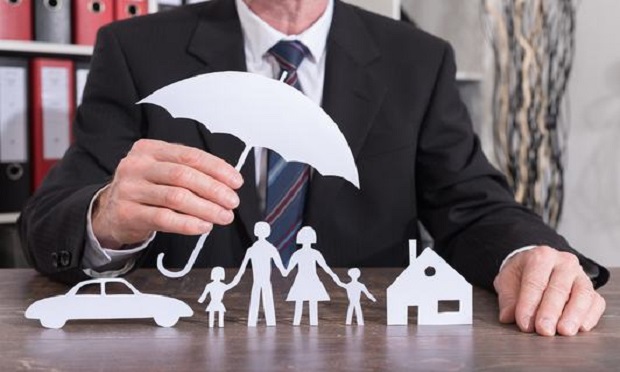 In Florida, H.B. 1049 will provide an additional $1.5 million in salary adjustments to its judges of compensation claims. (Credit: danielfela/Shutterstock)
In Florida, H.B. 1049 will provide an additional $1.5 million in salary adjustments to its judges of compensation claims. (Credit: danielfela/Shutterstock)
The world of employment seems to be on the shift for the new year. Several states are prefiling bills that could lead to changes in workers' compensation and workplace safety in 2020.
Recommended For You
Want to continue reading?
Become a Free PropertyCasualty360 Digital Reader
Your access to unlimited PropertyCasualty360 content isn’t changing.
Once you are an ALM digital member, you’ll receive:
- Breaking insurance news and analysis, on-site and via our newsletters and custom alerts
- Weekly Insurance Speak podcast featuring exclusive interviews with industry leaders
- Educational webcasts, white papers, and ebooks from industry thought leaders
- Critical converage of the employee benefits and financial advisory markets on our other ALM sites, BenefitsPRO and ThinkAdvisor
Already have an account? Sign In Now







